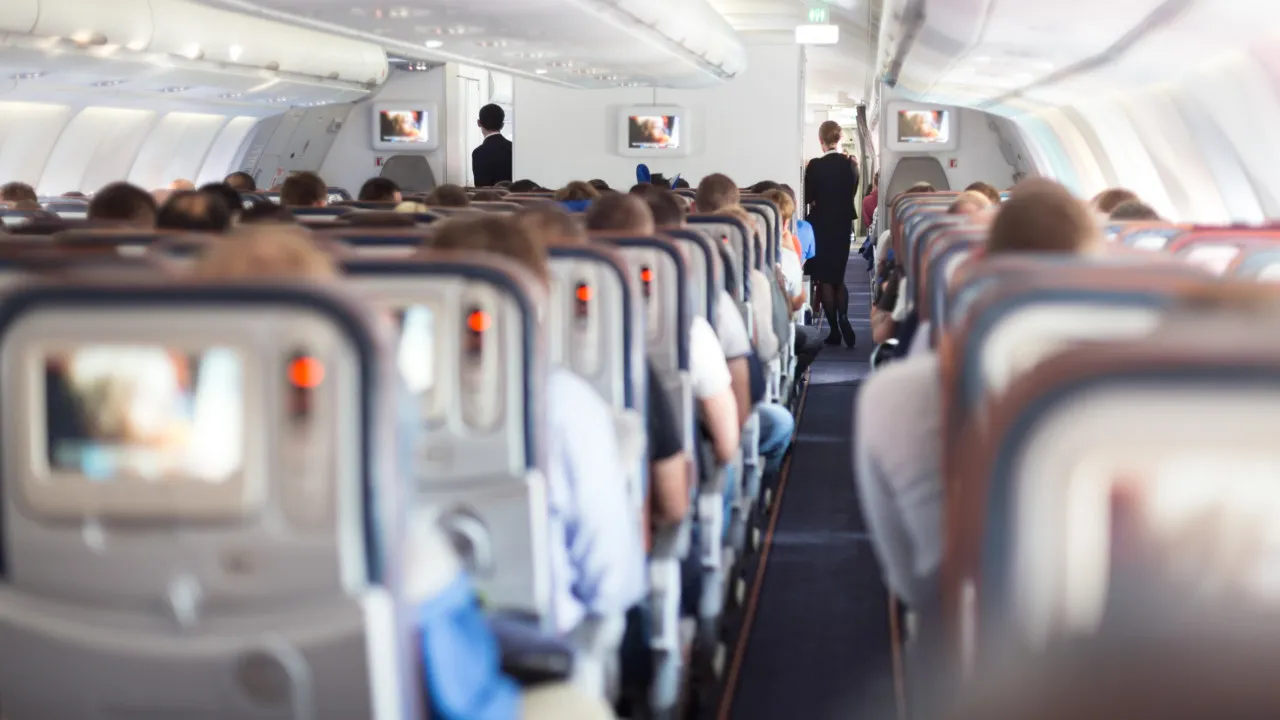
A joint statement released by the National Civil Aviation Authority, the Directorate-General for the Consumer (DGC), and the European body offers a series of recommendations for travel preparation and precautions at the airport and onboard.
The document advises timely verification of passenger identification and flight details, as well as contact information for potential flight changes.
When booking flights, particularly those with connections, the entities recommend passengers ensure sufficient time between flights to avoid missing connections and note that in journeys involving different carriers, baggage may need to be collected and checked in for the next flight.
ANAC, DGC, and CEC Portugal also point to potential limitations with carry-on or checked luggage due to weight, volume, or the presence of items that are prohibited or require authorization.
The entities emphasize that the validity of documents, including visas, vaccination certificates, or tests, is the passenger’s responsibility.
The statement notes that documents presented via the Gov.pt application, which have the same legal validity as original documents, may not be accepted for return flights, despite being accepted for boarding within national territory.
“If the flight is not within national territory, or if the trip includes an international destination, travelers should carry physical identification,” caution ANAC, DGC, and CEC Portugal.
Passengers are advised to check the required time to arrive at the airport, which can vary depending on the destination country, and check-in should be done in relation to the departure time.
After check-in, security control, including carry-on luggage, must be completed, and depending on the destination, border control may be necessary. Passengers should consider the location of the boarding gate and the time needed to get there.
Onboard, the entities remind that carriers may refuse transportation to passengers who may pose a safety risk, including those under the influence of alcohol or drugs, those disobeying safety instructions, or endangering the aircraft or fellow passengers.
The newly released document explains that the responsibility for baggage delay, destruction, loss, or damage lies with the airline and refers to the Montreal Convention. In case of delayed baggage delivery, the airline is responsible for the damages unless all reasonable measures were taken to prevent it, or it was impossible to take such measures.
In case of complaints, these must be filed before leaving the airport, and documentation should be kept, then submitted in writing to the operating airline within seven days for baggage damage or 21 days for delayed baggage.
“If the issue cannot be resolved with the carrier, consumers can pursue legal action or utilize alternative dispute resolution methods offered by Arbitration Centers,” they detail.
The entities additionally remind passengers of their rights established by the community regulation No. 261/2004 of the European Parliament and Council, issued on February 11, setting common rules for compensation and assistance to air passengers in cases of boarding denial, flight cancellations, or significant delays.




